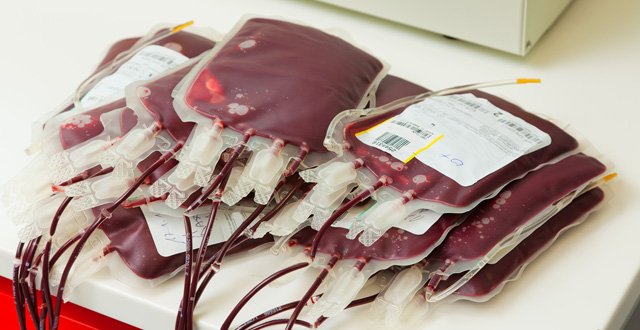The Irish Blood Transfusion Service (IBTS), the Faculty of Pathology, RCPI, and the Irish Haematology Society have designed the proposal, which has been presented to the Executive.
A spokesperson for the IBTS told <strong><em>MI</em></strong>: “The National Clinical Programme in Transfusion will have a structural, process and clinical framework. This will address the aims of securing the blood supply, providing the Irish National Standard of Care in Transfusion Therapy, empowering staff and patients in their role in safe therapy and reducing duplication of effort and reducing inpatient stay. The proposal is currently with the HSE.”
Minutes of an IBTS Board meeting in early 2018 reported that the National Transfusion Committee “will now be called the National Clinical Programme in Transfusion Medicine — this will be funded by the RCPI and the HSE — a business case has been submitted.”
The HSE previously had a clinical programme in blood transfusion. However, in 2016, a national transfusion committee was formed, with the stated aim of enhancing transfusion practice for hospital blood banks and facilities engaged in transfusion practice, as well as providing a framework for continuous improvement.
Meanwhile, an IBTS Board meeting in April discussed retention difficulties faced by the organisation.
According to the minutes, Ms Olga Flinter, HR Manager at the IBTS, noted that the whole-time equivalent number as of 21 December 2017 was 475.13, with a head-count of 575.
“She confirmed that the IBTS had conducted 106 recruitment campaigns in 2017 and noted that from 79 appointments, 18 (22 per cent) had subsequently left and most of these would have been in nursing. Work in retaining staff is required within the organisation.”
According to the minutes, 5,959 sick days were lost in 2017, a percentage rate of 5.53 per cent, whereas the HSE and Department of Health were at 4-to-4.5 per cent.
Mr Nessan Rickard, Director of HR at the IBTS, discussed succession planning underway in the organisation, “noting it was an area which needed more work”, according to the minutes.













Leave a Reply
You must be logged in to post a comment.